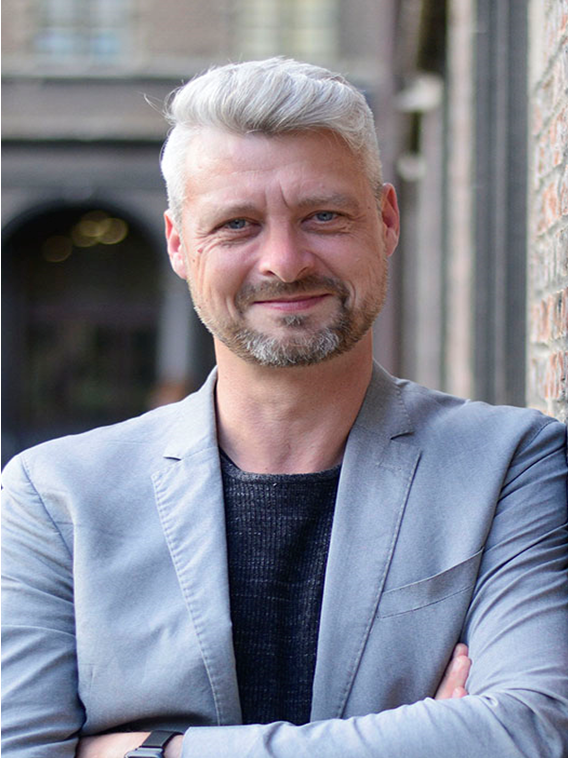

When Russia began its invasion of Ukraine it was soon clear that there would be widespread condemnation by other countries, but little military assistance. What has eventuated is the biggest declaration of economic warfare since World War II.
We have all been shocked by the Russian invasion of Ukraine. To help us understand the situation, we are hosting a webinar on the economic implications of the invasion. It’s complicated, but we will be helping you understand what the invasion will do to world food production, what the sanctions will do to financial markets, why we will all suffer inflation, and what it means for the world’s geo-economics.
Join Dr Alan Bollard and panel members, to discuss the developing situation from a business and government perspective.
Moderator: Dr Alan Bollard is a Professor of Practice at Te Herenga Waka – Victoria University of Wellington and inaugural holder of the Chair for Pacific Region Business. His recent paper The weaponization of money – Could This Be The First Economic World War? explores the impact of Russia’s invasion of Ukraine.
Panel members:
Olga Speranskaya, economist, business growth expert, community leader and startup mentor, also contributing to Wellington School of Business and Governments’ Executive MBA Professional Development programme
Dr Eldrede Kahiya, Senior Lecturer in International Business at Wellington School of Business in Government
Grant Spencer, Teaching Fellow in financial economics at Wellington School of Business and Government and Acting Governor of the Reserve Bank of New Zealand
Veronika Karashvili, a programme and project management professional who has recently completed her Executive MBA at Wellington School of Business and Government
Proudly hosted by the Professional Programmes Office at the Wellington School of Business and Government.
When: 1pm–2.30 pm
Friday 25 March 2022
Where: Zoom webinar
Register Here
Wellington School of Business and Government +64 4 463 5376 [email protected] wgtn.ac.nz/business
Victoria University of Wellington +64 4 472 1000 0800 04 04 04 [email protected]










